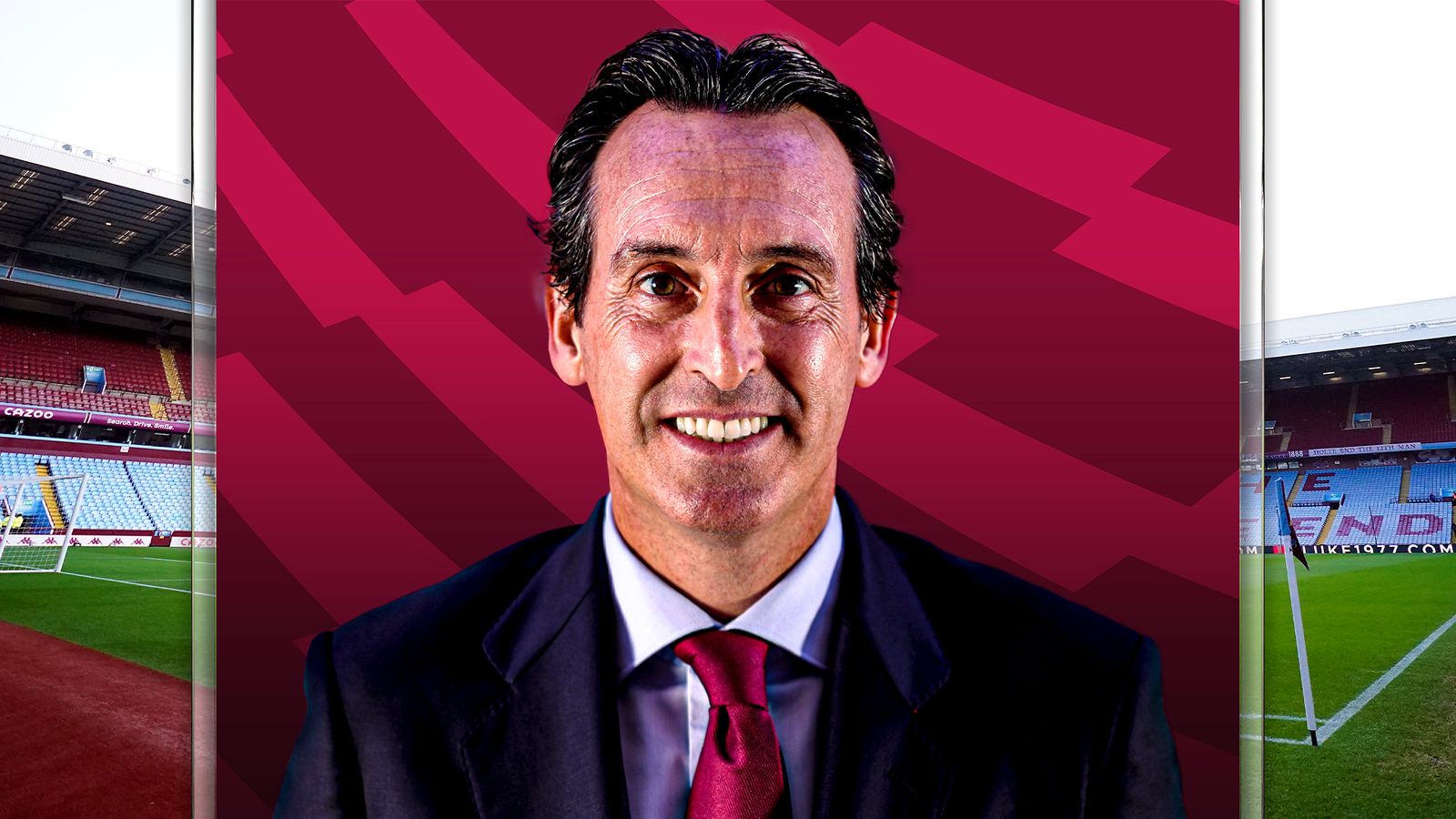As the European football season unfurls its latest chapter, a familiar name echoes through the corridors of continental competition: Unai Emery. The Spanish tactician, a veritable whisperer of the Europa League, stands once again at the precipice of its allure. This time, his charge is Aston Villa, a club with rich history but a recent narrative that oscillates between the peaks of European qualification and the troughs of Premier League inconsistency. The question on everyone`s lips isn`t just “Will Villa succeed in Europe?”, but “Can Europe be the salvation for a season teetering on the brink?”
The Europa Whisperer`s Return
For many, the Europa League is a stepping stone or a consolation prize. For Unai Emery, it is hallowed ground. His four triumphs – three with Sevilla and a memorable one with Villarreal – cement his status as the competition`s undisputed maestro. He doesn`t just participate; he transforms teams, imbuing them with an almost alchemical belief when the Thursday night lights shine brightest. His track record is less a list of achievements and more a testament to a specific, potent methodology tailored for knockout European football. For Villa fans, and indeed for Emery himself, the commencement of this campaign feels like a return to a happy place, a sanctuary where his strategic genius can truly flourish.
Yet, the domestic landscape presents a stark contrast to this European optimism. Aston Villa’s Premier League campaign has kicked off with the kind of faltering rhythm that saps confidence. A solitary league goal, a string of draws and defeats, and a managerial frustration that`s becoming increasingly palpable. It’s a paradox: the club has achieved consecutive seasons of European football under Emery, a remarkable ascent from the relegation zone, yet the current form suggests a precarious tightrope walk. Is this simply a difficult start, or does it hint at deeper structural challenges?
The Unseen Battles: Transfers, Budgets, and the Modern Game
The beautiful game, as it turns out, isn`t always so beautiful behind the scenes. Aston Villa’s predicament isn`t solely a matter of on-pitch performance; it`s intricately woven with the complexities of modern football economics. The ambition to crack the top five last season led to significant financial gambles – expensive loan deals and recruitment that, in some cases, didn`t even fit European squad regulations. This, coupled with the ever-present shadow of Profitability & Sustainability Rules (PSR), paints a picture of a club trying to punch above its weight in a financially constrained environment.
“To blame regulations in place long before their big spending spree is to fail to acknowledge that too much of the recruitment over the last three years has failed to strengthen the team Emery inherited.”
The article suggests that while PSR is often cited, Villa`s own recruitment strategy has been questionable, failing to adequately support Emery`s vision. The departure of former sporting director Monchi, a key ally renowned for his talent-spotting prowess, adds another layer of complexity. His successor, Roberto Olabe, faces the unenviable task of finding hidden gems in a market that`s increasingly demanding. An aging squad further complicates matters, with fewer prime years left in key players and the financial market reluctant to pay top dollar for them. These aren`t just details; they are the unseen anchors that can drag down even the most ambitious projects.
Tactical Crossroads: Is the Premier League Shifting Away?
Beyond the balance sheets and player roster, a more profound question lingers: Is the Premier League itself evolving in a way that challenges Emery`s established tactical philosophy? The modern English top flight increasingly champions athleticism, explosive wing play, and rapid counter-attacking. While Villa possess talent that could theoretically adapt, the article wryly observes that Emery`s sides approach the flanks “with the skittishness of a pilot hovering by the Bermuda Triangle.”
This isn`t a critique of Emery`s genius, but rather an intriguing observation about adaptation. Football, like any dynamic system, demands constant evolution. If the league’s meta is indeed shifting towards a more direct, physically intense style, how does a coach known for intricate, possession-based systems adapt? The early season`s expected goal difference figures, while from a small sample size, do raise a pertinent question about whether Villa are struggling to cope with this new tactical paradigm.
The Europa League: A Lifeline or a Distraction?
Amidst these domestic and structural conundrums, the Europa League gleams like a beacon of hope. The bookmakers have already marked Aston Villa as clear favorites, a testament to their inherent quality and, crucially, Emery`s legendary affinity for the competition. For Villa, who are likely to possess superior individual talent, pace, and technical ability compared to many of their European opponents, the path to silverware suddenly seems far less arduous than the Premier League`s top four.
This presents Emery with a fascinating strategic dilemma, one he has faced before: prioritize European glory, even if it means sacrificing some domestic league results. Given the current Premier League trajectory, the Europa League might not just be a secondary objective; it could become Villa`s most viable route to the coveted Champions League. A trophy and a ticket to Europe`s elite table would not only salvage the season but would unequivocally cement Emery`s status as one of Aston Villa`s truly transformative managers.
However, the stakes are high. If the Premier League`s struggles were to infect their European odyssey, if the frustrations from domestic matches were to bleed into those continental nights, Villa`s passage through Europe could quickly turn into a trying ordeal. For Unai Emery and Aston Villa, the coming months are not just about winning football matches; they are about navigating a complex strategic landscape, reaffirming a legacy, and perhaps, finding profound salvation in the competition he knows best.

